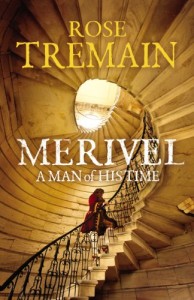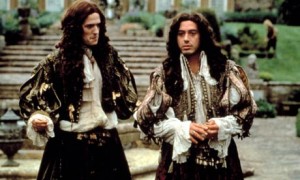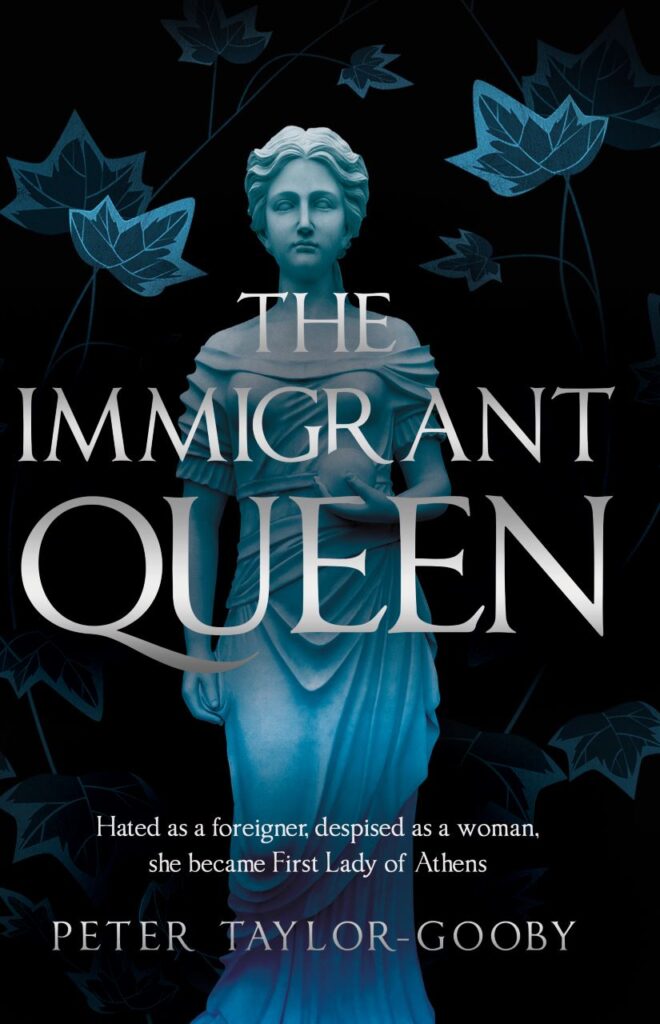WSP Masterclass Series 2013: 1: Rose Tremain on musicality
Kate Braithwaite, Richard Lee, Helen Boyd
The Walter Scott Prize shortlisted authors are at the pinnacle of contemporary literary historical fiction. We have asked each of them how they approach language in their writing. The resulting series of articles is a masterclass for aspiring writers and critics of this form of the novel.
 HNS: In what ways do you use language to make your stories authentic to period and place, while still engaging the modern reader?
HNS: In what ways do you use language to make your stories authentic to period and place, while still engaging the modern reader?
RT: I think, to capture the language of a period, the contemporary writer has to engage primarily with its musicality. The cadences of 17th Century language are both formal and poetic, as the King James Bible so brilliantly exemplifies. I am always determined to avoid pastiche, which, even when it’s done very well, can infuriate the reader and slow down the story, but I do try to find a whisper of this biblical poetic formality and lay it gently in.
HNS: With dialogue, what research or inspiration enables you to ‘make the dead speak’?
RT: The diaries of Samuel Pepys really formed the foundation stone on which the novels, Restoration and Merivel were built. Not only did Pepys lay out for me so many trails to follow – from the life at Court, to the complex politics at the Navy Office, to the coffee houses and theatres and shops, to the teeming life on the Thames – but in his own self-mockery and touching honesty about his worldly strivings, he gave me some lively behavioural nuggets and dialogue cadences for Robert Merivel. But there is one crucial difference: Merivel never existed, so I’m not, with him, trying to make’ the dead speak’. In these novels, the dead only speak as Merivel hears them speak. Thus, King Charles II is brought to life, not as a speaking shade, confined by historical accuracy, but as the surrogate father, friend and god Merivel perceives him to be.
HNS: How do you ensure your characters appeal to modern readers when humour, beliefs and attitudes may be very different today?
RT: You can’t ‘ensure’ it. All you can strive for is to give the characters sufficient humanity and grace to make them lovable.
 HNS: What sorts of emotions or reactions do you consciously leave unguided for the reader? Is there any specific scene where you have shown this restraint?
HNS: What sorts of emotions or reactions do you consciously leave unguided for the reader? Is there any specific scene where you have shown this restraint?
RT: Writing for film helps the novelist here. Some things can be powerfully suggested by a glance or a cutaway, and the reader fills in the rest. In Restoration, when Merivel is summoned by the King to answer for his breaking of a sacred promise, and we know the outcome is going to be life-changing and dire, I give Merivel almost no words. But how I set up the ‘scene’ was to have him come to London with this faithful servant, Will. Will waits in the gardens of Whitehall while the interview with King Charles is going on, and, by using cutaways to Will in Merivel’s mind, the reader absolutely understands that, as well as suffering on his own account, Merivel is suffering for Will, who is going to be as devastated as he is by the change in their collective fortunes. It doesn’t need to be expressed. Will’s proximity in the grounds under a declining sun makes it immediately understood.
HNS: What drew you to this particular story, this particular time?
RT: I began Restoration as a story which mirrored in certain ways the prevailing ethos of the late Thatcher era. Merivel is a man who trades his honour and dignity for material reward – as many people decided to do during that time in Britain. This start-point was helpful because it enabled me to believe that I was writing the thing I always aspire to write, which is a universal story. Powerful historical novels are not remembered primarily for their detail; they’re remembered for how they speak to us about the human condition.
HNS: What other historical novelists do you read and enjoy?
RT: I admire authors whose aspirations soar. I am drawn back again and again to the work of William Golding, who, though never categorised as a ‘historical novelist’ wrote about the past (from 14th Century builders of cathedrals in The Spire to 19th Century seafarers in Rites of Passage) with exquisite poetic invention.
Catch up with the rest of our articles on the Walter Scott Prize 2013 here, or read our series on the WSP 2012 here, or follow the Borders Book Festival coverage of the award here.







